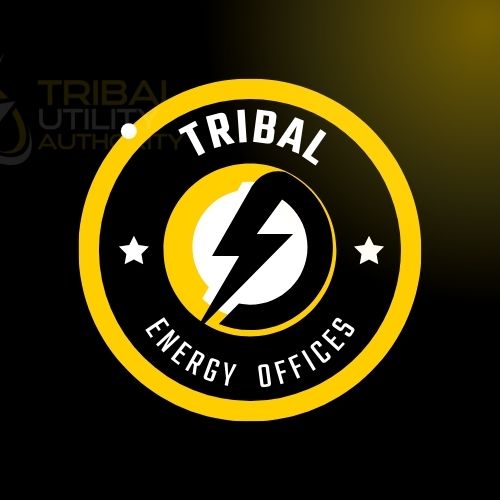Tribal Utility Authority Part VII: Developing Operating Policies and Procedures
Tribal Utility Authority | Powered By Red Power Energy
TUA Experts
+1 855-573-3769
Good >Better>Best Options
Developing Operating Policies and Procedures
Operating policies and procedures form the backbone of daily utility operations, transforming your utility’s mission and goals into practical action. While creating these documents might seem overwhelming, think of them as your utility’s instruction manual—a clear guide that helps everyone understand how to perform their roles effectively while maintaining consistent service delivery. Well-crafted policies and procedures support both operational efficiency and regulatory compliance while ensuring that tribal values inform daily operations.
Starting with service delivery standards establishes the foundation for all other operational policies. These standards define what customers can expect from your utility, including water pressure and quality requirements, as well as response times for service calls. Consider your community’s specific needs when setting these standards. A remote community might need different response time standards than an urban area, while cultural uses of water might require higher quality standards than federal minimums. Many successful utilities establish standards that exceed regulatory requirements while remaining achievable with available resources.
Maintenance protocols protect your infrastructure investment while ensuring reliable service. These procedures should cover routine maintenance schedules, inspection requirements, and repair protocols for all utility systems. Consider both manufacturer recommendations and local conditions when developing these protocols. For instance, a water system in an area with high mineral content might need more frequent maintenance than one in an area with better water quality. Document specific steps for each maintenance task, including safety requirements and necessary equipment. Many utilities find that detailed maintenance procedures help train new staff while ensuring consistent system care.
Emergency response procedures prepare your utility for various crisis scenarios. These procedures should cover everything from minor service disruptions to major natural disasters. Consider your community’s specific vulnerabilities when developing these procedures. A utility in a flood-prone area needs different emergency protocols than one in an earthquake zone. Include clear communication procedures, response team assignments, and resource mobilization plans. Many successful utilities regularly practice their emergency procedures to ensure staff readiness and identify potential improvements.
Safety protocols protect both workers and the public while maintaining regulatory compliance. These procedures should address personal protective equipment requirements, safe work practices, and accident reporting procedures. Consider both regulatory requirements and practical working conditions when developing safety protocols. For example, working in extreme weather conditions might require additional safety measures beyond basic requirements. Include specific procedures for high-risk activities like confined space entry or electrical work. Many utilities find that strong safety procedures not only prevent accidents but also improve overall operational efficiency.
Administrative procedures ensure smooth office operations and proper record-keeping. These procedures should cover everything from customer account management to regulatory reporting requirements. Consider both daily operational needs and long-term documentation requirements when developing these procedures. Include specific steps for handling customer payments, maintaining service records, and processing regulatory reports. Many successful utilities establish clear filing systems that make information easily accessible while maintaining security.
Customer service procedures guide staff interactions with the public and ensure consistent treatment of all customers. These procedures should cover service applications, complaint handling, and payment arrangements. Consider your community’s specific needs when developing these procedures. Include protocols for communicating with elders or handling language differences. Many utilities find that clear customer service procedures help maintain positive community relations while ensuring fair treatment for all customers.
Quality control measures maintain service standards and regulatory compliance. These procedures should cover testing requirements, monitoring protocols, and corrective action processes. Consider both regulatory requirements and community expectations when developing quality control measures. Include specific procedures for sample collection, testing methods, and result documentation. Many successful utilities establish quality control procedures that exceed regulatory minimums while remaining practically achievable.
Procurement procedures ensure efficient acquisition of supplies and services while maintaining accountability. These procedures should cover purchase authorization levels, bidding requirements, and vendor selection criteria. Consider both tribal procurement requirements and funding source restrictions when developing these procedures. Include specific steps for emergency purchases and documentation requirements for different types of acquisitions. Many utilities find that clear procurement procedures help control costs while ensuring necessary supplies remain available.
Environmental management procedures protect natural resources while maintaining regulatory compliance. These procedures should cover monitoring requirements, pollution prevention measures, and incident response protocols. Consider both regulatory requirements and traditional environmental values when developing these procedures. Include specific steps for identifying and addressing environmental impacts. Many successful utilities establish environmental procedures that integrate traditional knowledge with modern environmental protection practices.
Cultural resource protection procedures ensure utility operations respect and preserve important tribal sites and practices. These procedures should cover site identification, protection measures, and consultation requirements. Consider both legal requirements and tribal cultural values when developing these procedures. Include specific steps for addressing discovered cultural resources during utility operations. Many utilities find that strong cultural resource procedures help maintain community support while protecting important tribal heritage.
KEEP READING BELOW
WIDE RANGE OF TRIBAL UTILITY SERVICES
Do you need Tribal Solar Help ? Look no further!
Leading experts in Tribal Utility Authority formation, IPP development, and PPA negotiation. Transform your tribe's energy infrastructure with comprehensive solutions backed by decades of experience in Indian Country.
- Tribal Utility Authority Formation
- Independent Power Producer Development
- Power Purchase Agreement Negotiation
- Virtual Tribal Energy Office Implementation
- Energy Program Management
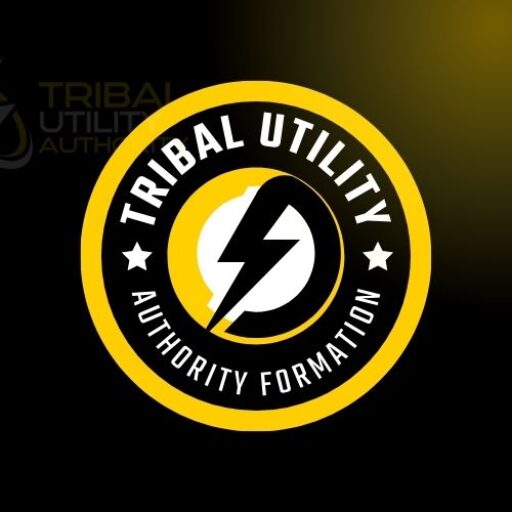

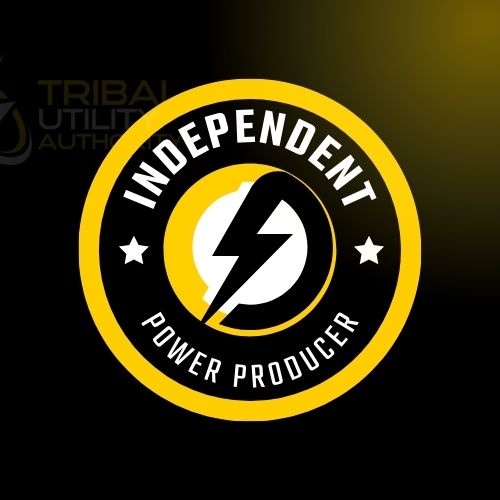
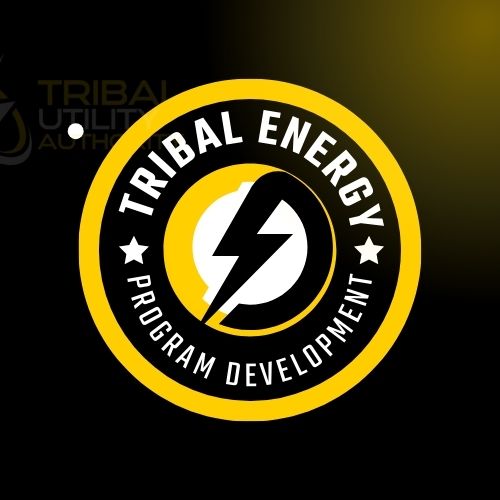
Human resource procedures guide workforce management while ensuring fair treatment of all employees. These procedures should cover hiring practices, performance evaluation, and disciplinary actions. Consider both tribal employment requirements and operational needs when developing these procedures. Include specific steps for training requirements, career advancement, and complaint handling. Many successful utilities establish human resource procedures that support both operational excellence and workforce development.
Asset management procedures track and protect utility investments. These procedures should cover inventory management, equipment maintenance, and replacement planning. Consider both immediate operational needs and long-term sustainability when developing these procedures. Include specific protocols for tracking assets, scheduling maintenance, and planning replacements. Many utilities find that comprehensive asset management procedures help extend infrastructure life while controlling costs.
Technology management procedures ensure effective use of utility systems. These procedures should cover system access, data security, and maintenance requirements. Consider both operational needs and security requirements when developing these procedures. Include specific steps for system updates, data backup, and security monitoring. Many successful utilities establish technology procedures that protect sensitive information while supporting efficient operations.
Financial management procedures ensure proper handling of utility resources. These procedures should cover cash handling, payment processing, and financial reporting. Consider both accountability requirements and operational efficiency when developing these procedures. Include specific steps for reconciliation, audit preparation, and financial planning. Many utilities find that clear financial procedures help maintain fiscal stability while ensuring proper resource use.
Communication procedures ensure effective information sharing both internally and externally. These procedures should cover routine notifications, emergency communications, and public information releases. Consider both operational needs and community expectations when developing these procedures. Include specific protocols for different types of communications and approval requirements. Many successful utilities establish communication procedures that maintain transparency while protecting sensitive information.
Project management procedures guide system improvements and expansions. These procedures should cover planning requirements, implementation steps, and documentation needs. Consider both immediate project needs and long-term impacts when developing these procedures. Include specific steps for different project phases and coordination requirements. Many utilities find that clear project procedures help ensure successful implementation while maintaining operational stability.
Compliance management procedures ensure adherence to all applicable requirements. These procedures should cover monitoring needs, reporting obligations, and corrective action processes. Consider both regulatory requirements and operational capabilities when developing these procedures. Include specific steps for tracking compliance deadlines and maintaining required records. Many successful utilities establish compliance procedures that integrate regulatory requirements into daily operations.
Review and update procedures ensure operational policies remain current and effective. These procedures should cover regular review schedules, update processes, and implementation requirements. Consider both operational needs and regulatory changes when developing these procedures. Include specific steps for proposing, reviewing, and implementing changes. Many utilities find that regular review procedures help maintain operational effectiveness while adapting to changing circumstances.
Documentation management procedures ensure proper record keeping for all utility operations. These procedures should cover filing requirements, retention schedules, and access controls. Consider both immediate operational needs and long-term documentation requirements when developing these procedures. Include specific protocols for different types of records and security requirements. Many successful utilities establish documentation procedures that support both daily operations and long-term utility management.
Experienced Tribal Solar Experts
WE USE THE LATEST TOOLS & TECHNOLOGY
We provide reliable and quality electrical services to customers in the area. We specialize in all aspects of residential and commercial electrical work, from new installations and upgrades to repairs and maintenance.
We are a full-service electrical contractor dedicated to providing quality electrical services to both residential and commercial customers. Our team of experienced electricians are highly trained and certified.
TRIBAL UTILITY AUTHORITY CONSULTING
Expert guidance in establishing and managing tribal utility authorities, helping Native American communities achieve energy sovereignty through strategic planning and implementation.
TRIBAL UTILITY PROGRAMS
Comprehensive support for developing and implementing sustainable tribal utility programs that enhance community self-reliance and economic development.
TRIBAL UTILITY AUTHORITY FORMATION
Complete assistance in establishing legally sound tribal utility authorities, including regulatory compliance, governance structure development, and operational framework creation.
TRIBAL UTILITY AUTHORITY OPERATIONS
Professional support for day-to-day utility management, including system maintenance, customer service, billing operations, and performance optimization.
TRIBAL UTILITY AUTHORITY TECHNOLOGY
State-of-the-art technological solutions for modern tribal utility operations, featuring advanced metering, smart grid capabilities, and integrated management systems.
TRIBAL UTILITY AUTHORITY WORKFORCE
Specialized workforce development programs focused on building local capacity through technical training, professional development, and ongoing operational support.
Are you in need of an Tribal Utility Authority Expert ?
Look no further! Our team is here to help.
REACH OUT AND CONNECT
Get a Complete Quote
Your bridge to meaningful communication and personalized assistance, we're here to listen and assist you
Latest Tribal Utility Authority Updates
NAVIGATING IDEAS AND INSPIRATION

Tribal Utility Authority Overview
A tribal utility authority is a specialized administrative entity established by a Native American tribe to manage and operate essential utility services within their tribal

Tribal Utility Authority Formation: Harnessing Tribal Energy Sovereignty
Tribal Utility Authority Formation: Harnessing Tribal Energy Sovereignty Welcome to TribalUtilityAuthority.com, the definitive resource on establishing and operating Tribal Utility Authorities (TUAs) to achieve energy
